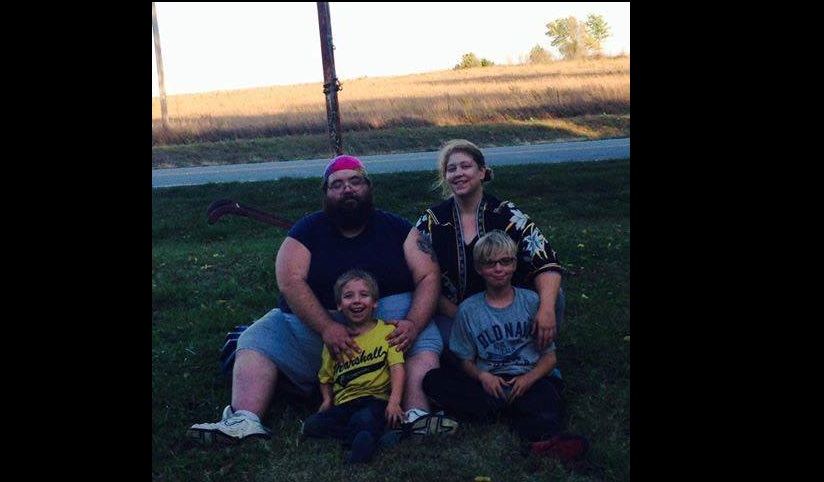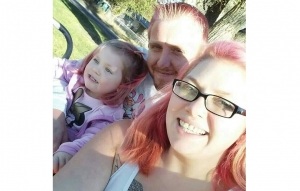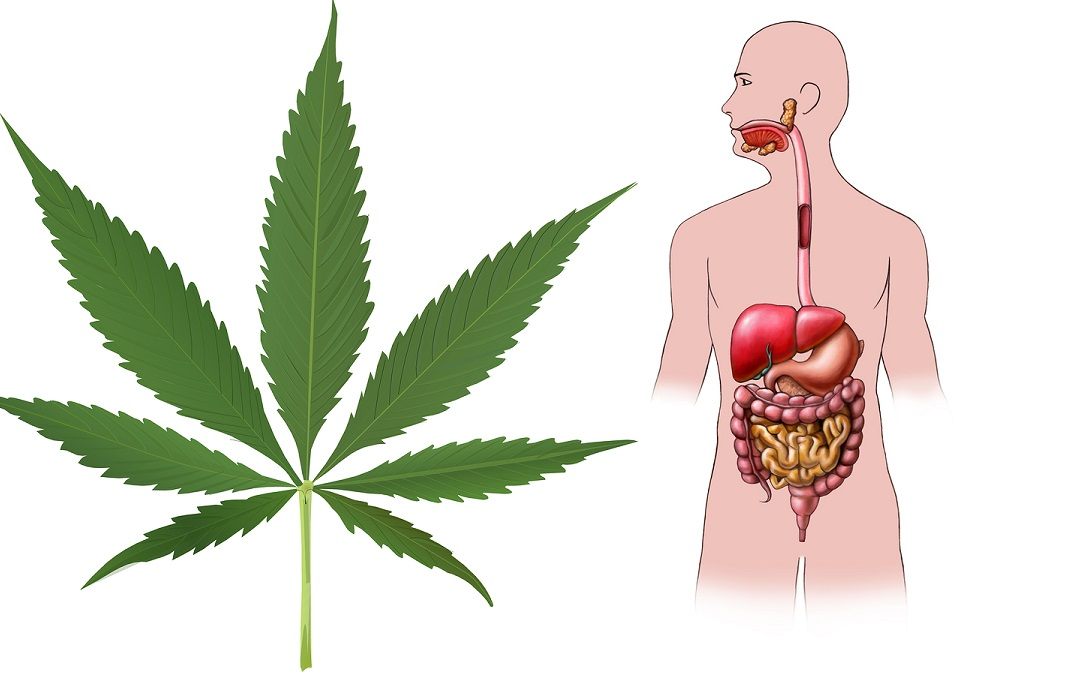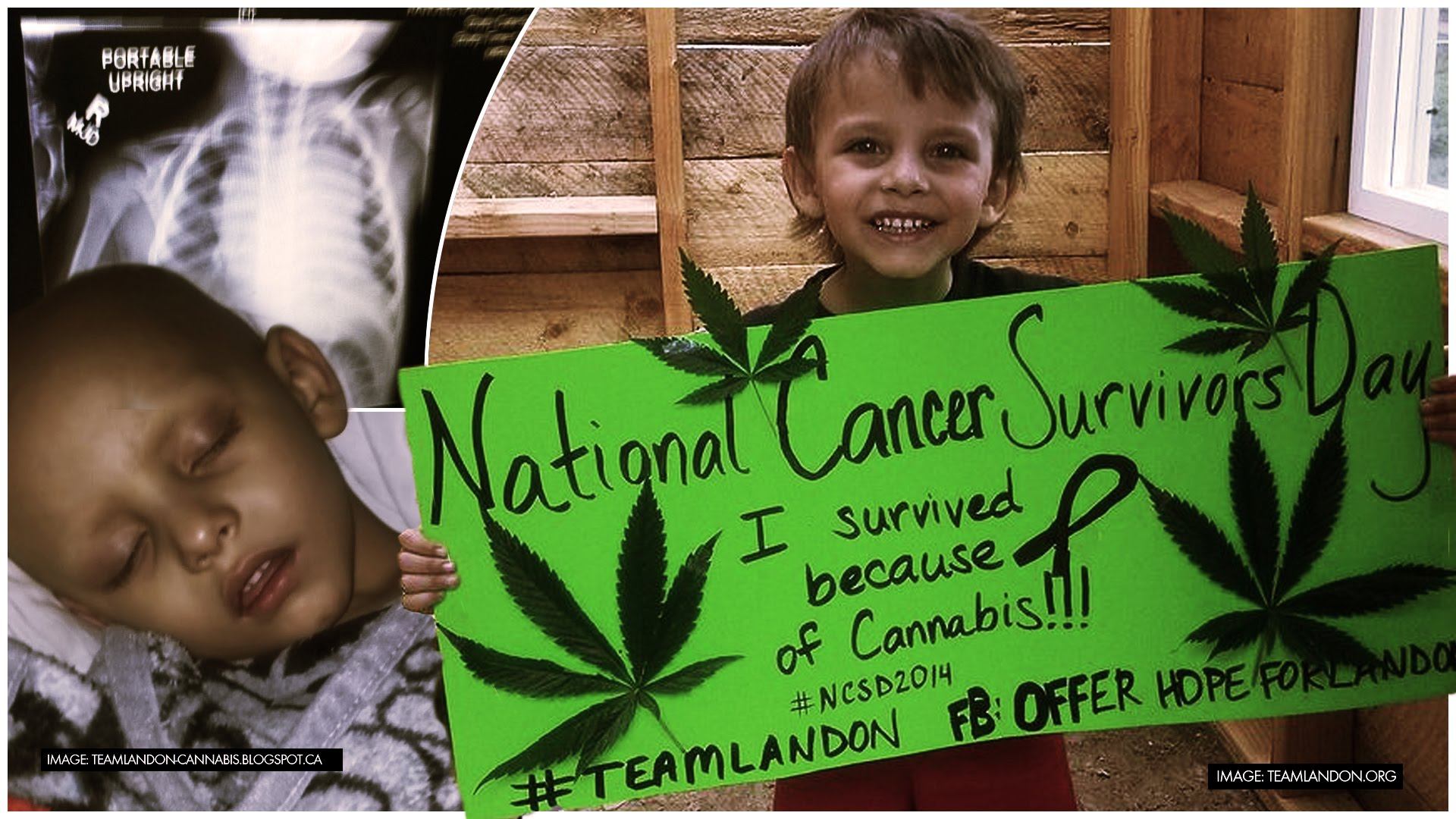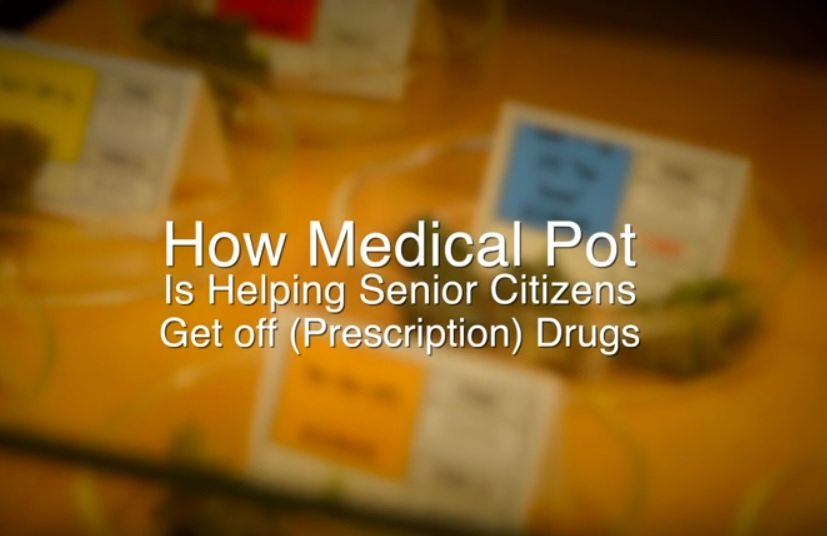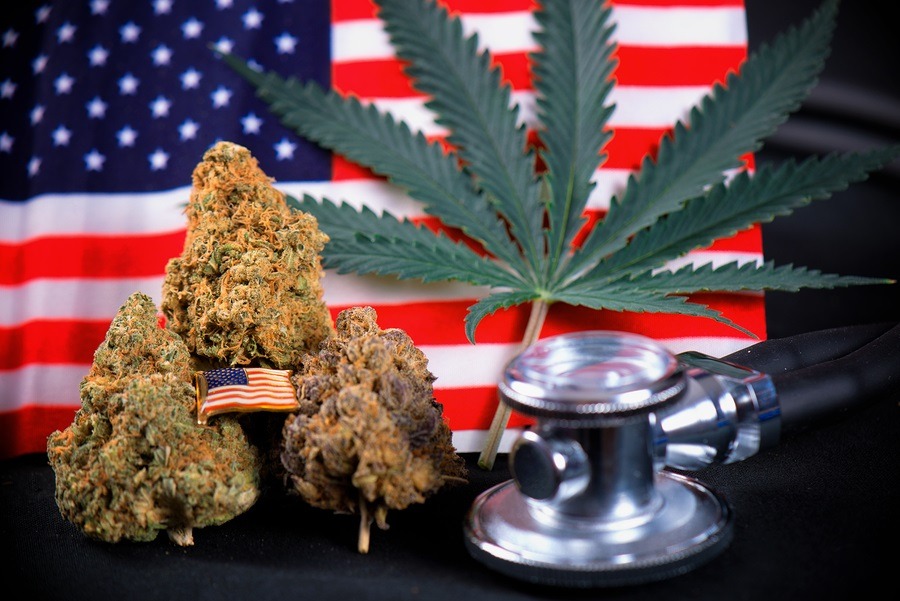A Eureka, Kansas couple reportedly had police enter their home recently without a warrant, based on what the police allegedly stated was a complaint from someone that they heard screaming from inside the home.
Jennifer Hess answered the door and explained that no one was screaming, and attempted to close the door. Doug McVay, writing for FreedomLeaf.com reports:
"At that point, they forced the door open. Two of them entered the house, and they demanded I go outside,” Hess tells Freedom Leaf.
On June 14 on Facebook, she wrote: “They said they were getting a search warrant, alleging they had seen drug paraphernalia in the house.”
Police searched the house and found “293 grams” (about 10 ounces) of cannabis, “all personal use.” Hess and Wilson both had medical conditions and used marijuana for that purpose, she said.
“They made up a reason to come to my door, probably because there was no one we associate with to do a controlled buy.”
Medical marijuana is legal in many U.S. States, but not Kansas.
Jennifer and her husband Homer were arrested, and the two children, Ashton, 15, and Holden, 11, were put into protective custody.
Two weeks later, with Homer having various medical conditions and being denied his medical marijuana, he died in jail.
Facing criminal charges and having just lost her husband, Jennifer must now also fight to regain custody of her children.
"On June 7, I was preparing to bond out and was taken to the interview room and informed by the Sheriff and a KBI agent that my husband had a medical emergency, and he didn’t make it.
They proceeded to ask me questions about his health and habits, then left me in the interview room for about 30 minutes.
Now, I’m separated from my kids and unable to be with them during this difficult time, and facing serious charges all alone. I’d like to know what makes us such a danger to society that my husband deserved to lose his life."





